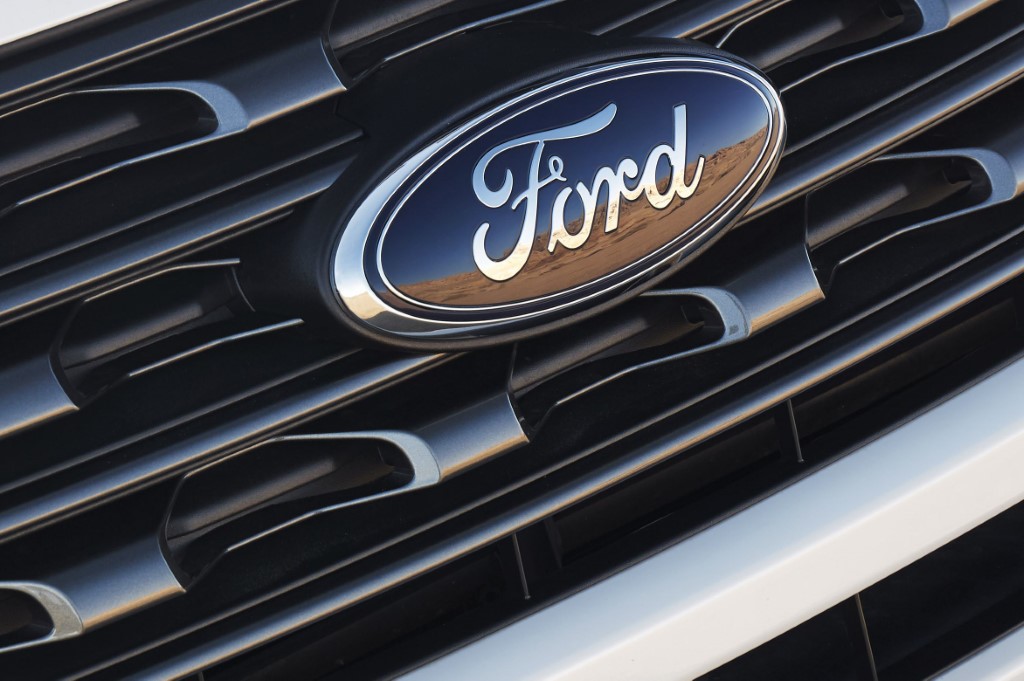Ford escalates battery job warnings
By BLOOMBERG | 24 June 2025
DETROIT: Ford Motor Co. intensified its campaign to preserve clean energy manufacturing subsidies Monday, warning jobs at its electric-vehicle battery plant in southwestern Michigan could be at risk if Republicans in Congress pare back tax credits in President Donald Trump's multi-trillion dollar economic package.
The $3 billion plant in Marshall, about 100 miles west of Detroit, is slated to produce 20 gigawatt-hours of lithium iron phosphate, or LFP batteries, and employ 1,700 people after it starts production in 2026.
The 2 million-square-foot site, which is still under construction, has drawn intense political scrutiny since it was announced in 2023 because Ford is licensing the technology to build the batteries from China's Contemporary Amperex Technology Co. Ltd, the world's largest battery manufacturer.
"It would be a shame to build these facilities and then all of a sudden you have to scale back on the most important part of it, which is people," Lisa Drake, Ford's vice president of platform programs and EV systems, told reporters during a tour of the plant in Marshall on Monday.
"We want to spend our investment creating manufacturing jobs here."
At risk in Congressional budget negotiations is a production tax credit in President Biden's Inflation Reduction Act known as 45X.
The law incentivizes manufacturing of battery cells and packs in the US.
Ford would stand to earn about $2.3 billion between 2026 and 2029 under the current law, according to data firm Benchmark Minerals.
Ford Executive Chair Bill Ford said at a policy conference last month that the Marshall plant would be at risk if Congress nixed the 45X credits.
"It's not fair to change policy after all the expenditures have been made," he said at the time.
China dominates production of LFP batteries, which are cheaper and more stable than nickel-based alternatives popular in the west.
Ford has argued that licensing LFP technology from CATL will help it catch up faster to Chinese EV companies, and that it wholly owns and controls the Marshall plant, which it says would be the first in the US to make LFP cells for automotive applications.
The legislative risks mark the latest potential hurdle for the Ford plant. It was originally intended to produce enough batteries for 400,000 EVs, part of an earlier ambitious plan to electrify Ford's lineup.
The automaker later reduced that target to power about 230,000 EVs as consumer demand for the technology faltered.
To better compete on price, Ford Chief Executive Officer Jim Farley has tasked a former Tesla executive and a "skunkworks" team of engineers and designers in California with developing a line of small EVs starting under $30,000.
The Marshall plant would supply batteries for those next generation models.
Tags
Autos Ford
Reviews

First drive with the 2025 Hyundai Tuscon and Santa Fe: Seoul...

5.8
Kymco AK550 Premium: Smart easy rider

BYD Seal 6 Premium: Sweet deal, generous kit, sensible prici...

8.7
Mazda CX-80 2.5G PHEV AWD High Plus: Upmarket upgrade

Proton X50 Flagship: Tuned for success

6.6
Triumph Trident 660: Beautifully balanced package

8.4
Mercedes-AMG GLA 35 4Matic: Never a dull moment

Lamborghini Urus SE: Ultimate control
Videos

Free & Easy Media Test: Latest Proton X50 Flagship to Kuanta...

Zeekr Space Sunway City Video

Honda Civic Type R Ultimate Edition: Last 40 Units for Europ...
